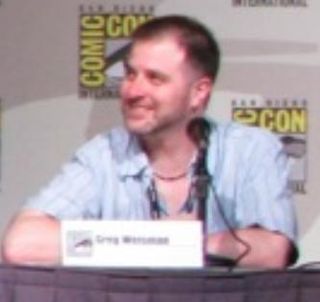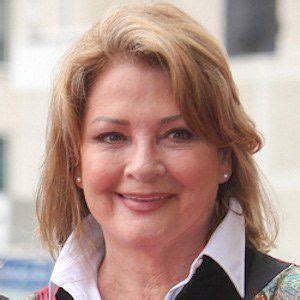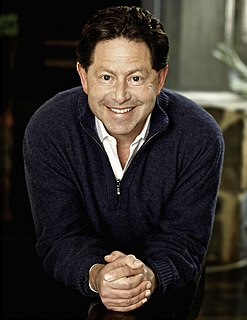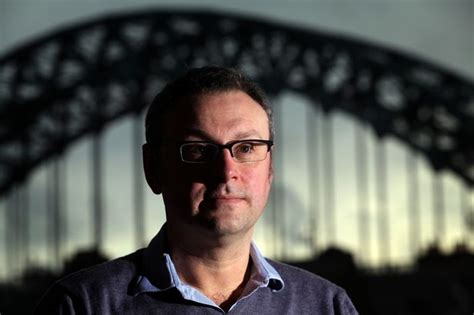A Quote by George Pelecanos
After college, I spent a decade working the kinds of jobs that I write about - bartender, shoe salesman, kitchen man - while voraciously reading novels.
Related Quotes
When I got out of college I worked for DC comics. I worked on staff there and I also freelanced for them for about a decade. I spent two years on staff as an editor right out of college. I'm from Los Angeles and I came back here after a couple of years in New York, to go to Graduate School at USC. I wasn't thinking specifically about animation although while I'd worked at DC.
I sold my first short story while I was home on maternity leave, then began working on novels. Since I was reading and enjoying romance novels at the time, the first two unpublished manuscripts I wrote were both romances. I sold my third novel, 'Call After Midnight,' to Harlequin Intrigue after submitting it unagented.
The main problem of America is that you're seeing people working all over this country two jobs, they're working three jobs, and they're getting nowhere in a hurry. They're working hard. They can't afford to send their kids to college in many instances. They can't afford child care for their little babies. They're worried to death about retirement.
I naively chose a college that was almost as expensive as Stanford, and all of my working-class parents savings were being spent on my college tuition. After six months I couldn't see the value in it. I had no idea what I wanted to do with my life and no idea how college was going to help me figure it out.



































